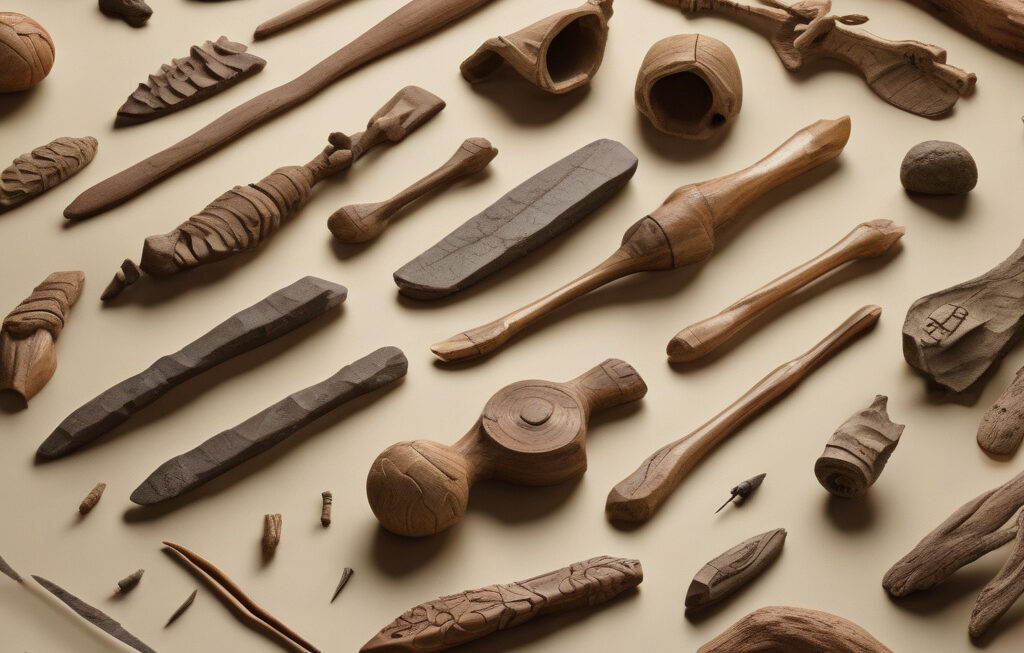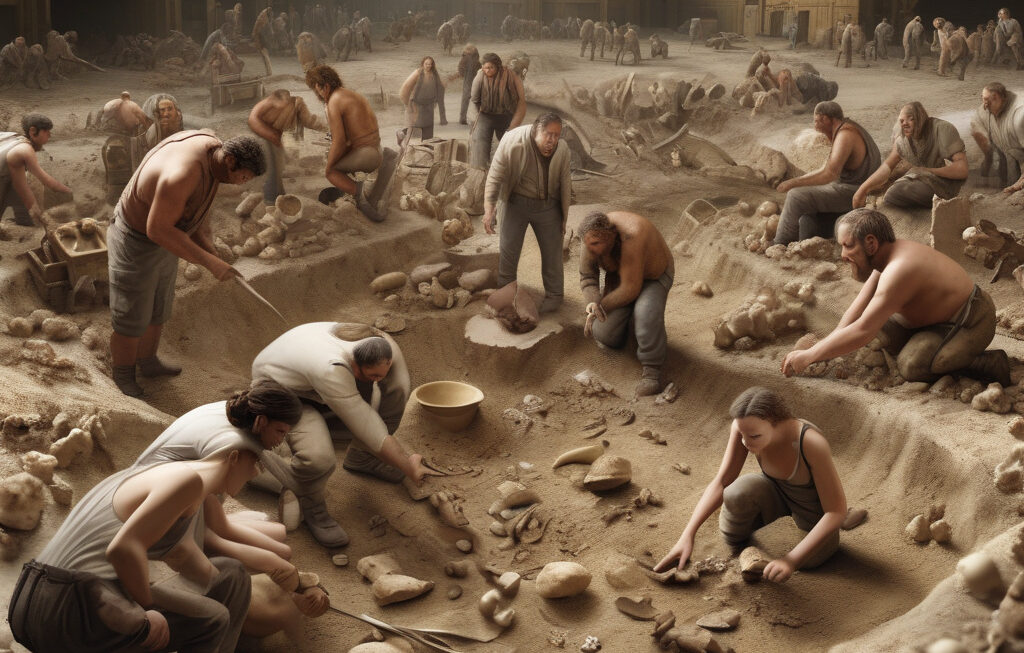2,000-Year-Old Roman Wicker Basket Well Astonishes Archaeologists
In Norfolk, England, archaeologists discovered a “beautifully preserved” Roman well that’s providing an unprecedented glimpse into the ancient world of Britain’s past. This remarkable find dates back over 2,000 years and offers a unique insight into the daily lives and practices of Roman settlers in the region. The well, crafted from wicker baskets, is a testament to the ingenuity and advanced engineering skills of the Romans.
The discovery of this well has sparked excitement and awe among archaeologists and historians alike. Its remarkably well-preserved state has allowed experts to study the construction techniques and materials used by the Romans in intricate detail. This insight into ancient engineering practices sheds light on the sophistication of Roman craftsmanship and their ability to create durable structures that stood the test of time.
One of the most fascinating aspects of this discovery is the use of wicker baskets in the construction of the well. While stone and wood were commonly used materials for wells during this time period, the use of wicker baskets is a unique and innovative approach. This unconventional construction method speaks to the resourcefulness and adaptability of the Roman engineers who built the well.
The discovery of the wicker basket well also provides valuable information about the daily lives of the Roman settlers in Norfolk. The presence of such a well indicates a settled community that relied on a stable water source for their daily needs. The location and design of the well suggest that it was a central point for gathering water, possibly serving as a hub for social interactions and community activities.
Furthermore, the intricate construction of the well points to the importance of water management in Roman society. The Romans were known for their sophisticated aqueduct systems and engineering prowess, and the discovery of this well adds to our understanding of their expertise in harnessing and distributing water resources.
The significance of this discovery extends beyond its archaeological value. It offers a tangible connection to the past, allowing us to glimpse into the daily routines and rituals of the people who lived in Roman Britain. By studying the construction and design of the well, archaeologists can piece together a more comprehensive picture of life in ancient times and appreciate the skills and knowledge that have been passed down through generations.
As archaeologists continue to study and analyze the wicker basket well, more insights are expected to emerge, deepening our understanding of Roman Britain and its inhabitants. This remarkable discovery serves as a reminder of the enduring legacy of the Romans and their lasting impact on the landscape and culture of Britain.
In conclusion, the discovery of the 2,000-year-old Roman wicker basket well in Norfolk is a testament to the skill, creativity, and ingenuity of the Romans. This remarkable find provides a fascinating glimpse into the ancient world and offers valuable insights into the daily lives and practices of Roman settlers in Britain. As archaeologists unravel the secrets of this well, we are reminded of the rich history and heritage that lies beneath our feet, waiting to be discovered and explored.
Roman, Britain, Archaeology, Discovery, History












